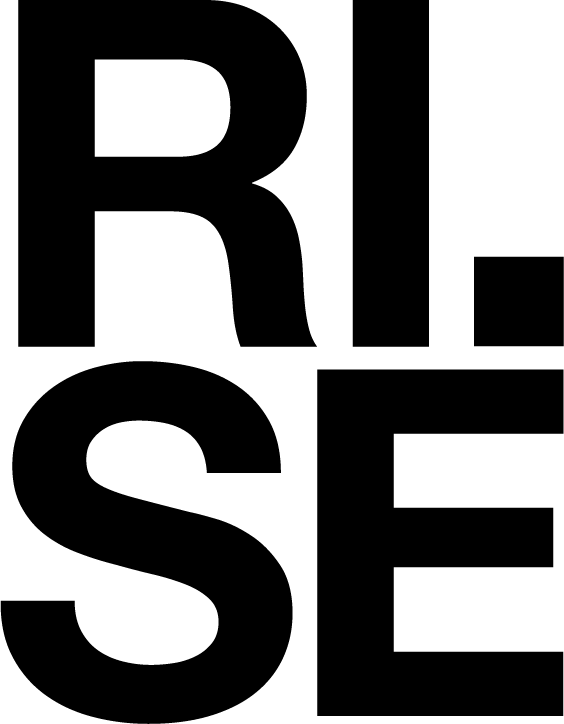|
Increase collection efficiency to increase resource recovery.
The EU Commission has submitted proposals for revising the waste directive, including proposals for producer responsibility for textiles and targets for reduced amounts of food waste. Sweden is implementing new collection systems for packaging, food waste and textiles with the aim of reducing the amounts of waste and increasing recycling and material recovery.
|
|
|
|
|
IEA Bionergy Task 36 hold hybrid meeting in Dublin on the 16-18th October 2023. The meeting was hosted by the Irish NTL Fionnuala Murphy from University College of Dublin at the Museum of Literature of Ireland (MoLI).
The national team leader (NTLs) had the opportunity to exchange information about the new actions taken in their respective countries around bioenergy, waste handling and circular economy. There were interesting discussions about how to improve collaboration inside IEA Bioenergy, raise interest from stake holders on new ideas about content dissemination. |
|
|
|
|
Task 36 was featured in the IEA Bioenergy Annual Report 2022 with an article where the task members reflect about the transformation of the waste management and resource recovery to align the circular economy.
|
|
|
|
|
Bioenergy could significantly enhance the security of supply in South Africa's transitioning energy landscape. However, despite its potential, bioelectricity is notably underrepresented in long-term power system planning.
Storm Morison at the Centre for Renewable and Sustainable Energy Studies at Stellenbosch University (www.crses.sun.ac.za) has embarked in a large project that will delve into potential reasons behind this low uptake and explore the untapped potential of bioelectricity in contributing to a more resilient and flexible energy system in South Africa.
|
|
|
|
|
The focus of this work is to assess changes in the amount and key properties of MSW going to WtE as the circular economy unfolds under different circumstances and boundary conditions ("what-if" scenarios). The results are meaningful to identify both challenges and opportunities for future plant operation and planning.
|
|
|
|
|
This time our publications are about a mixed waste sorting plant in Venice turning MSW into SRF and the outcomes of a workshop series where it was highlighted the importance of sustainability aspects (economy, environment and social) as an enabler to ensure the development of new waste management infrastructure.
|
|
|
|
|
Increase collection efficiency to increase
textile recycling.
The fashion and textile sector are one of the most important for the Italian economy, with around 50,000 active companies
|
|
|
|
|
The Centre for Renewable and Sustainable Energy Studies at Stellenbosch University invites you to join the Southern African Sustainable Energy Conference (SASEC), which will take place from 13 to 15 November 2024, at the Lord Charles Hotel, Somerset West, South Africa. We also have two Pre-Workshops for postgraduate students on research methodology (Day 1) and Commercialisation of RE technology at STIAS in Stellenbosch from 11-12 November 2024.
|
|
|
|
|
The SOWU project aims to tackle organic waste mismanagement in Uganda by adapting a successful waste optimisation model devised for South Africa. This innovative approach intends to unlock the power of bioenergy and enhance the environment and public health of Ugandan cities.
|
|
|
|
|
|
|
| IEA Bioenergy, also known as the Implementing Agreement for a Programme of Research, Development and Demonstration on Bioenergy, functions within a Framework created by the International Energy Agency (IEA). Views, findings and publications of IEA Bioenergy do not necessarily represent the views or policies of the IEA Secretariat or of its individual Member countries. |
|
Technology Collaboration Programme
by iea |
|
 |
|